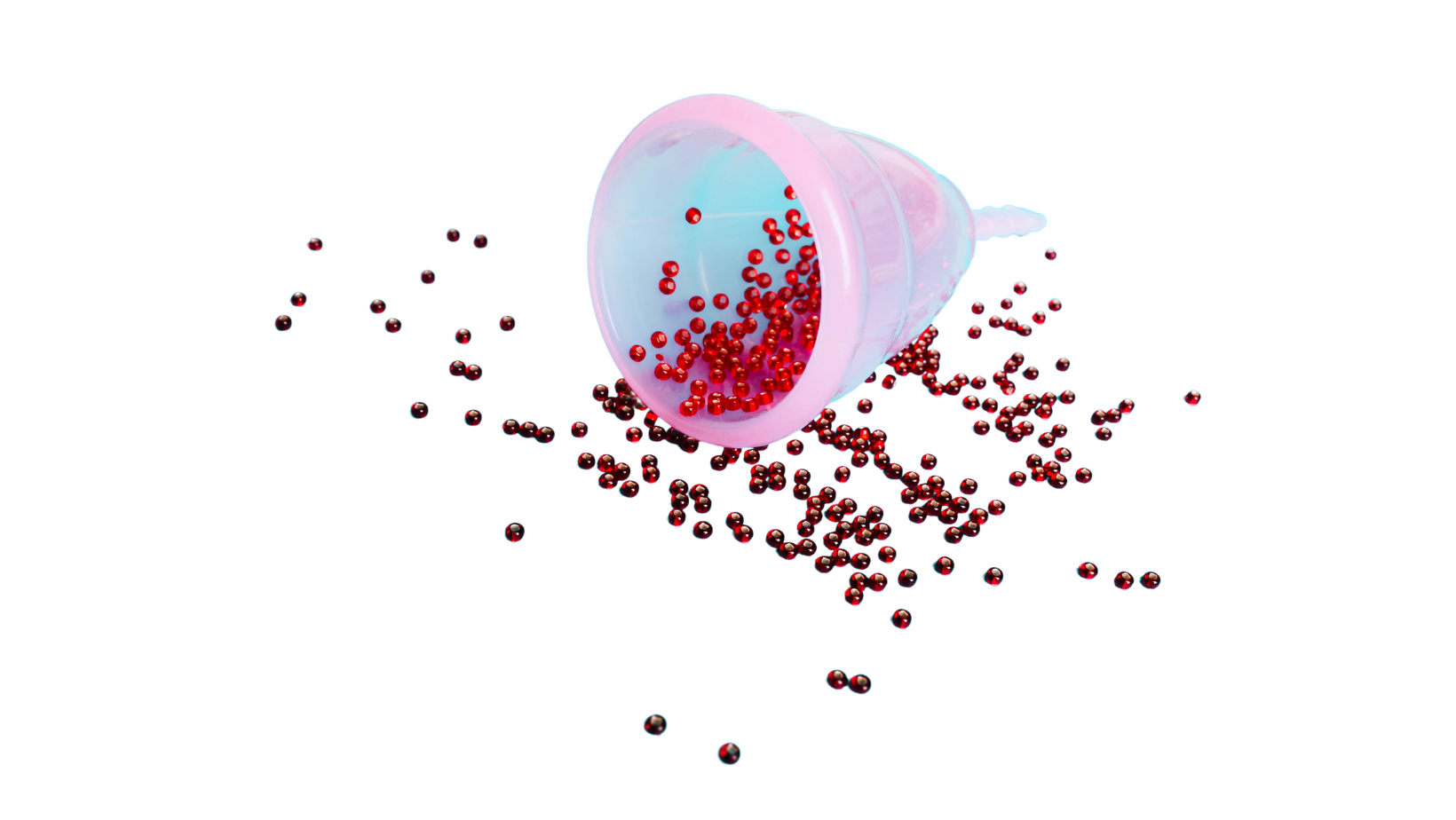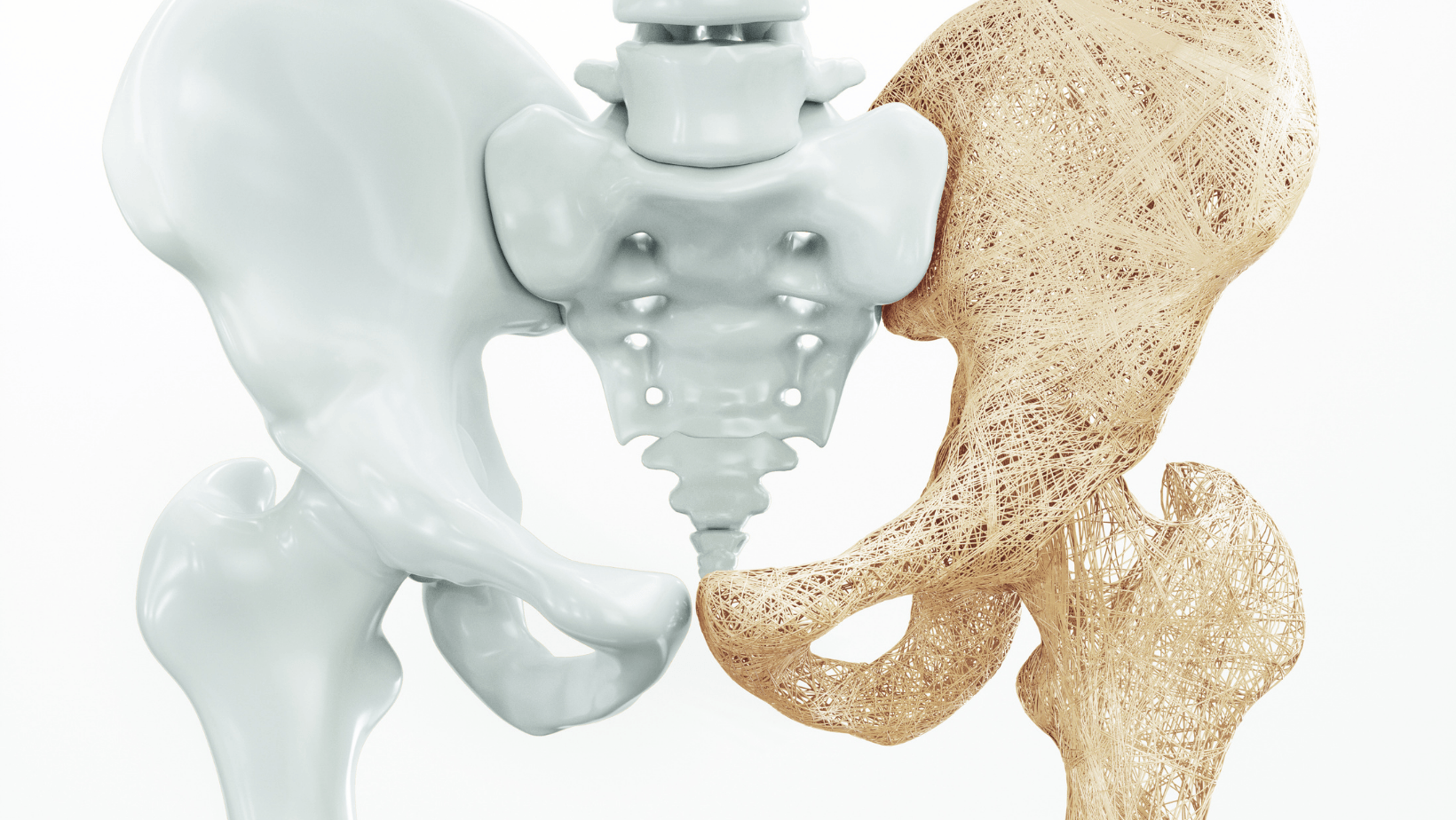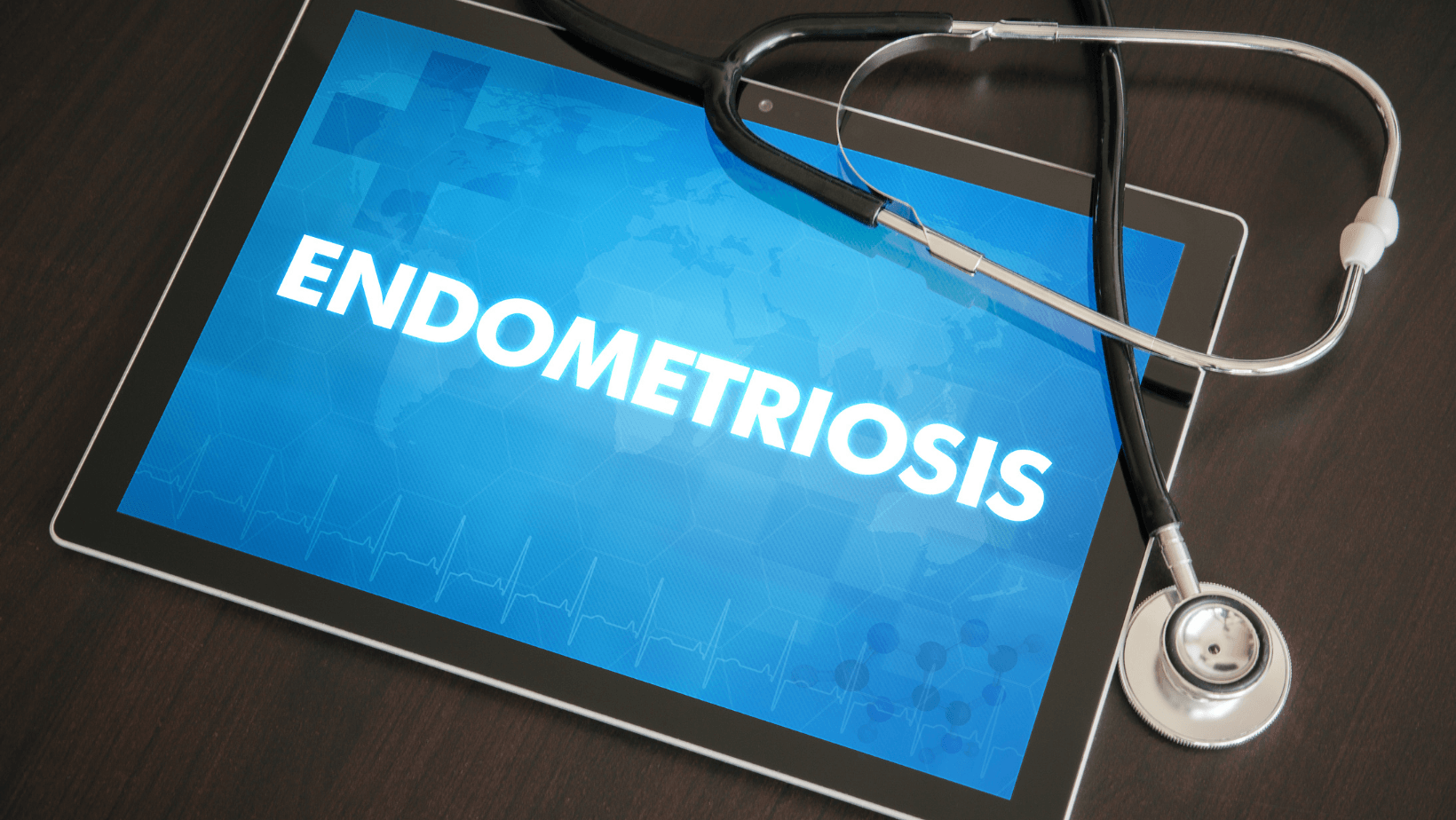Cervical Cancer - Symptoms, Causes, and Treatment - Avicenna Health
Cervical Cancer
Do you have pelvic pain?
Do you observe any bleeding or vaginal discharge?
Maybe these are some of the most common symptoms of cervical cancer, so we will discuss this in our article.
Definition of Illness
Cervical cancer is a disorder in which cells inside the body develop out of control. Cancer is consistently named for the part of the body where it starts, even if it later spreads to other components. All ladies are in danger of cervical disease. It frequently happens in ladies over age 30. Enduring disease with specific sorts of human papillomavirus (HPV) is the primary cause of cervical cancer, which passes after sex.
Screening tests and HPV immunization can assist with forestalling cervical malignant growth. When cervical malignancy is found early, it is profoundly treatable and related to long endurance and great personal satisfaction.
Symptoms
Beginning phase cervical malignancy mainly creates no signs or side effects.
Signs and indications of further developed cervical malignant growth include:
- Vaginal draining after intercourse, between periods, or after menopause
- Watery and wicked vaginal release
- Pelvic agony or torment during intercourse
Causes
Most cervical cancers start with uncommon modifications to your tissue. Most instances are connected to infecting with human papillomavirus (HPV). Different styles of HPV can lead to pores and skin warts, genital warts, and skin disorders. Others are related to cancers regarding the vulva, vagina, penis, anus, tongue, and tonsils.
Risk Factors
You are probably at significant danger of cervical cancers if you:
- Started having intercourse earlier than age sixteen or inside 12 months of beginning your period
- Have more than one sexual partners
- Take contraceptives, mainly for longer than five years
- Smoking
- Have a weakened immune system
- Having diseases after sexual relationships
When to see a doctor?
You should know that bleeding after menopause is not normal at all. Therefore, visit your doctor immediately. Tell your doctor if you have terribly prolonged periods or usually bleed between periods.
Some ladies have hemorrhages after intercourse, particularly after vigorous sex. However, you may need to let your doctor know, especially if it happens a lot. If you have any bleeding in conjunction with weakness, feel faint, or pass out, go to the doctor.
Diagnosis
When cervical cancers are suspected, your physician probably begins with an initial examination of the cervix. A unique magnifying instrument (colposcope) is used to discover unusual cells.
During the colposcopic test, your physician possibly takes a part of cervical cells (biopsy) for laboratory testing. To acquire tissue, your physician may also use:
- Punch biopsy, which contains a pointy device to pinch off small samples of cervical tissue.
- Endocervical curettage uses a minor, spoon-formed instrument (Curet) or a skinny brush to scrape a part of the cervical tissue.
If one of these is problematic, your physician may also carry out one of the following tests:
- An electrical wire loop uses a skinny, low-voltage electrified wire to acquire a small tissue sample.
Generally, that is performed after local anesthesia.
- Cone biopsy (conization) is a process that permits your physician to obtain more profound layers of cervical cells for laboratory testing. A cone biopsy can be performed in a clinic under well-known anesthesia.
Treatment
Cervical cancer is treated in many ways, depending on the type and the spread through the body.
Treatments involve surgery, chemotherapy, and radiation therapy.
1. Surgery:
Doctors get rid of cancer tissue in operation, and options may include:
- Surgery to remove cancer only
- Surgery to get rid of the cervix (trachelectomy)
- Surgery to get rid of the cervix and uterus (hysterectomy)
2. Chemotherapy:
Using unique drug treatments to reduce or kill most cancers. The drugs may be pills you are taking or medicines given in your veins, or occasionally both.
Low doses of chemotherapy are sometimes mixed with radiation therapy for locally advanced cancer since chemotherapy can also enhance the radiation's outcomes. Higher doses of chemotherapy are probably recommended to assist control symptoms of very advanced cancer.
3. Radiation:
Using high-energy rays (similar to X-rays) to kill cancer and it is maybe given:
- Externally: through directing a radiation beam at the affected region of the body (external beam radiation therapy)
- Internally: through placing a device full of radioactive material inner your vagina, commonly for just a few minutes (brachytherapy)
- Both externally and internally
Differential Diagnosis
- Cervicitis/infection,
- Particularly granulomatous (which is rare)
- Pelvic Inflammatory disease
- Primary melanoma and Paget disease
- Vaginalitis
- Vaginal Cancer
References
Mayoclinic
Medscape
Web MD













